Too much red meat? Here’s how to keep gout in check this Eid
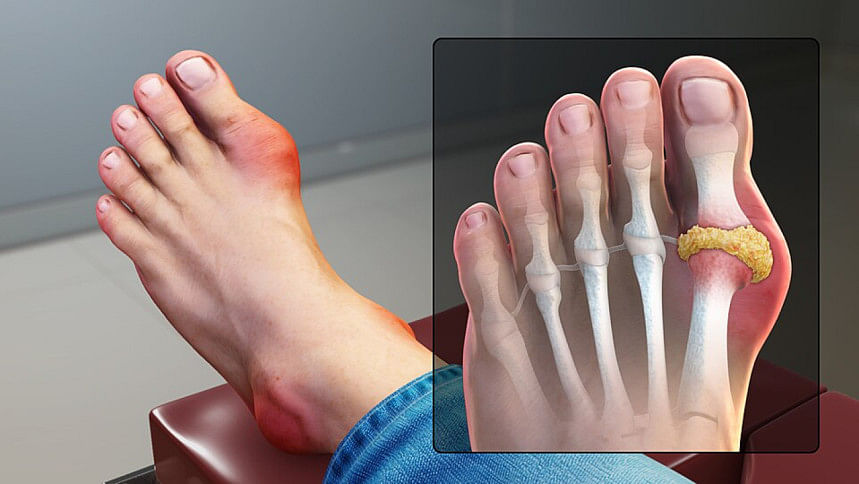
A large part of Eid-ul-Azha celebrations is enjoying festive meals. With new meat dishes and rich foods taking centre stage, for people with gout, this joyous occasion requires mindful eating and continued medical care.
What causes gout?
Gout is a type of arthritis caused by the build-up of uric acid crystals in joints. Uric acid comes from the breakdown of purines found in a wide variety of foods. When levels become too high, painful inflammation and swelling can occur in the joints.
How can Eid meals affect gout?
Eid meals frequently involve generous servings of red meat and rich dishes, both high in purines. Overindulging, combined with holiday-related irregular eating or insufficient fluids, can raise blood uric acid levels. That increases the risk of flare‑ups.
How to prevent flare‑ups during Eid-ul-Azha?
- Stay well‑hydrated
- Aim for plenty of water between meals. Hydration helps flush uric acid through the kidneys and reduces crystal formation.
- Limit high‑purine foods
- Festive menus often include red meat and organ meats. Try switching to leaner cuts or low‑purine alternatives like fish and eggs. Include more fruits, vegetables, whole grains, and dairy during your meals.
- Maintain medication
- Don't interrupt any gout medication just because it's a holiday. Your treatment schedule should stay consistent unless your doctor advises otherwise.
- Stay active
- Walk and stretch between visits or feasts. Light physical activity supports joint mobility and circulation, easing stress and helping overall well‑being.
Eid-ul-Azha is a time for celebration and gratitude. With these small but meaningful adjustments — moderation in rich meats, hydration, staying on meds, and light activity — you can enjoy the festivities without increasing your risk of a gout attack.

 For all latest news, follow The Daily Star's Google News channel.
For all latest news, follow The Daily Star's Google News channel. 


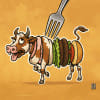

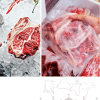
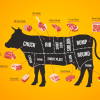
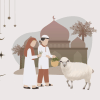


Comments